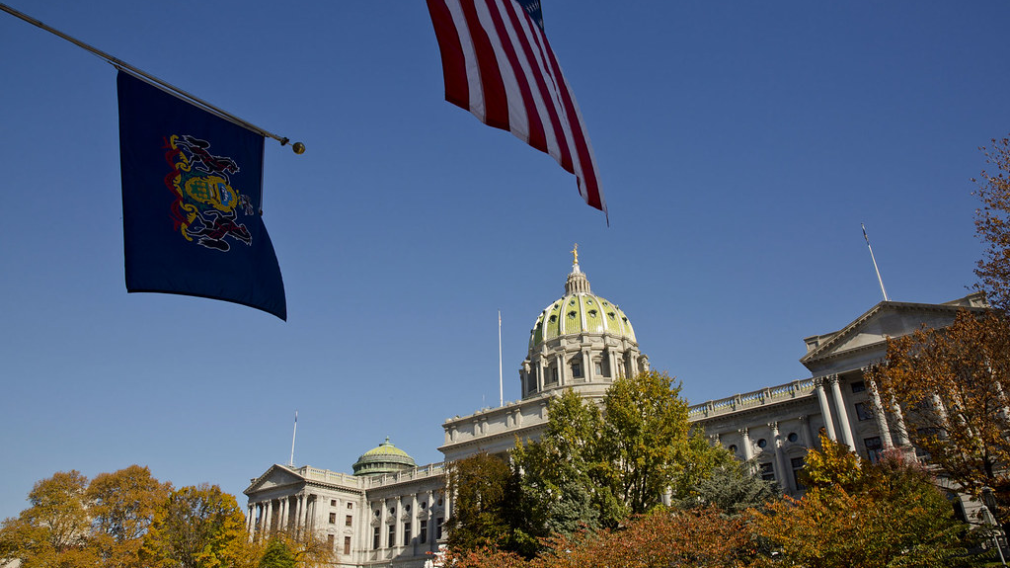Pennsylvania Senator Proposes New Bill to Protect Self-Excluded Gamblers
Pennsylvania is taking a strong stance on gambling addiction with the introduction of Senate Bill 1211 by Senator Wayne Fontana.

The proposed legislation aims to prevent gambling companies from directly marketing to individuals who have placed themselves on the state’s self-exclusion list.
Overview of the Self-Exclusion List
The Pennsylvania Gaming Control Board (PGCB) has revealed that, as of June 10, there are 19,678 individuals who have self-excluded from gambling activities in the state.
This voluntary measure is designed to help those struggling with gambling addiction by banning them from participating in any gambling activities within Pennsylvania.
Senator Fontana has long been a proponent of responsible gambling. His latest initiative, Senate Bill 1211, seeks to reinforce the integrity of the self-exclusion list by ensuring that those who have opted out of gambling are not tempted back through targeted advertising.
“The gaming industry must respect the choices of individuals who have self-excluded, allowing them the space to seek help,” Fontana stated.
Key Provisions of the Bill
The bill outlines strict rules for gambling companies, prohibiting them from sending any direct marketing materials to individuals on the self-exclusion list. This includes promotions, bonuses, and inducements. Additionally, the bill requires gambling operators to update their lists every 48 hours to ensure compliance.
Non-compliance with the proposed legislation would result in severe penalties. For a first offense, individuals involved could face fines up to $150,000, while gambling entities might be fined between $300,000 and $600,000. Subsequent offenses would escalate to felonies, with fines for individuals increasing to $300,000, and for companies, ranging from $600,000 to $1.2 million.
The PGCB has expanded the self-exclusion program over the years to cover various forms of gambling, including iGaming, Video Gaming Terminals (VGTs), and fantasy sports. As of now, the majority of those self-excluded (12,457 individuals) are banned from casino gambling, with additional categories included.
Recommended
